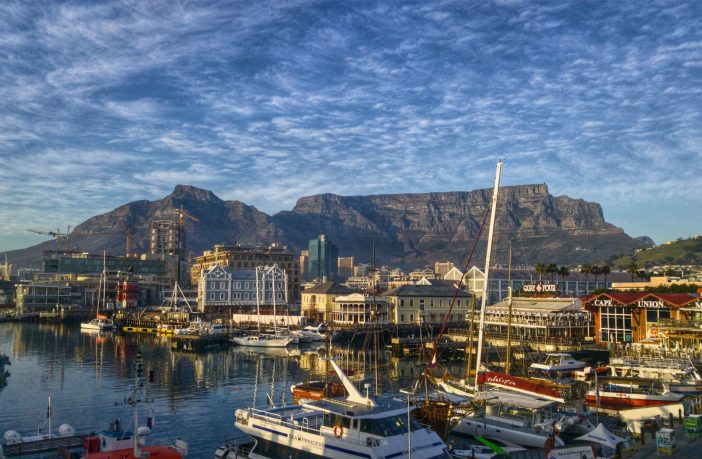South Africa’s Minister of Energy and Mineral Resources, Gwede Mantashe, has approved the Western Cape government’s request to procure power directly from independent power producers (IPPs).
This victory dates back to 2017 when the City of Cape Town took legal action against the former energy minister, Mmamoloko Kubayi, to secure its rights to purchase power directly from renewable IPPs.
In light of the recent nationwide loadshedding, the Democratic Alliance (DA) led local government persisted with their quest that the province is permitted to seek energy from elsewhere and not only rely on Eskom.
Commenting on the development on Twitter, DA spokesperson on finance and economic development, Deirdre Baartman, said: “We need to reduce our reliance on coal as our primary source of power and improve our carbon emissions control. It is for this reason that we need to urgently to engage a new bid window for IPPs in order to ensure a more diverse, clean, competitive and efficient energy sector.”
“We will continue to lobby national government to green light the processes in order to make this process possible for our residents, and protect our province economy from the scourge of load shedding.”
Alternative energy to boost energy supply
Speaking at 2019 AMEU Convention in October, the City of Cape Town’s Councillor Phindile Maxiti noted that “South Africa is currently grappling with energy shortages and this poses a threat to its own economy if not dealt with urgently.”
Maxiti said the City is looking into innovative smart technologies including Small Scale Embedded Generation to boost energy supply.
“With the pool of IPPs, the City believes this is way another to solve the country’s energy crisis,” he said.
Although the city might have missed its plans of generating 20% of its electricity from renewable resources by 2020, the updated Integrated Resource Plan (IRP) presents new targets for this city and others keen on pursuing the IPP route.
“The plan [IRP] remains within the policy framework of pursuing a diversified energy mix that reduces reliance on a single or few primary energy sources. It will be revised in line with the changing energy sector environment,” said Mantashe.
Author: Babalwa Bungane
This article was originally published on ESI Africa and is republished with permission with minor editorial changes.















